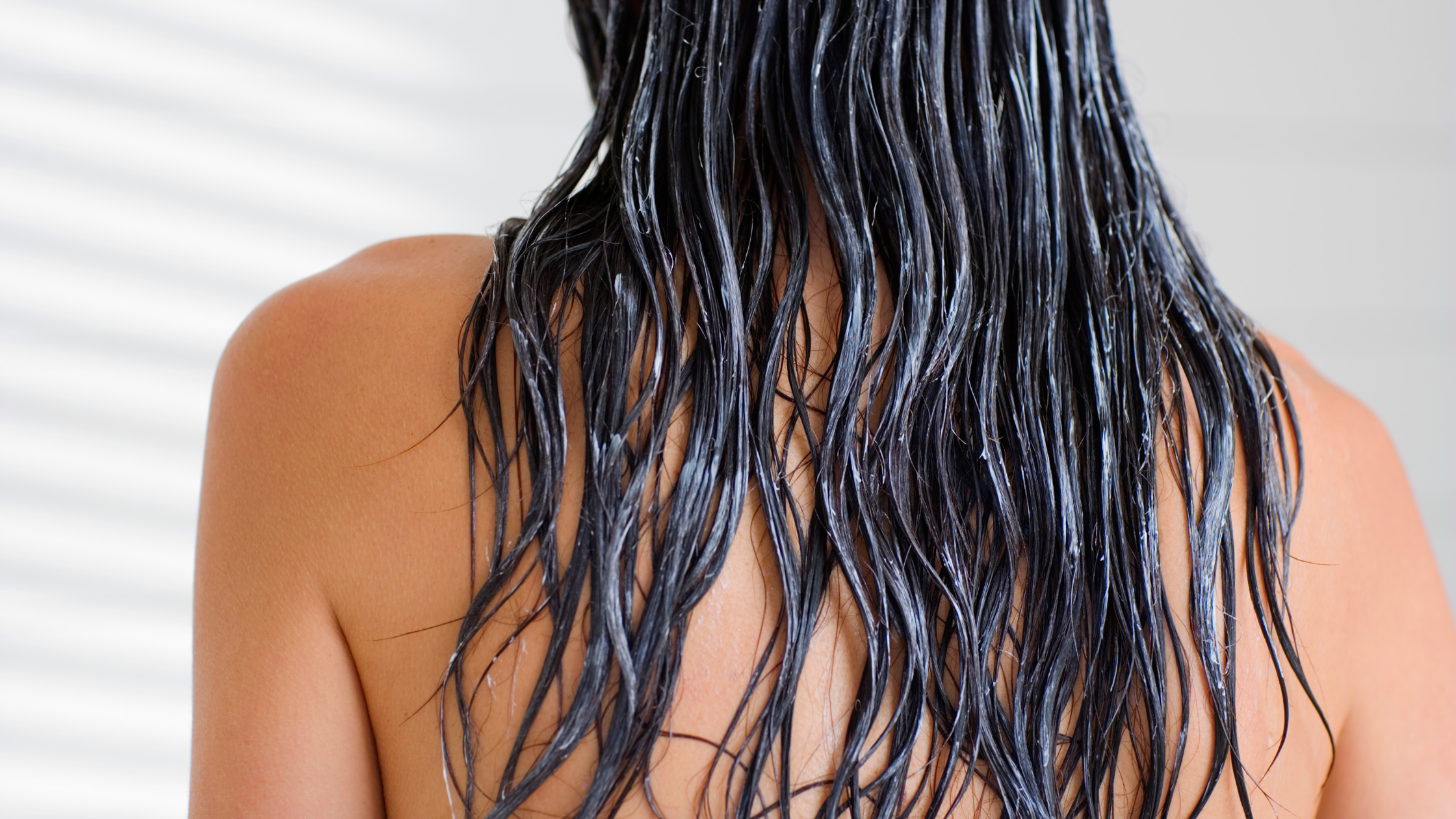 "Don't go to sleep with wet hair, or you'll be sick" is a word of caution, as old as time. Mothers warned their daughters about the risks of going to sleep with their hair wet. No matter how tired you were, it was important for you to at least blow dry your hair to avoid this impending illness.
"Don't go to sleep with wet hair, or you'll be sick" is a word of caution, as old as time. Mothers warned their daughters about the risks of going to sleep with their hair wet. No matter how tired you were, it was important for you to at least blow dry your hair to avoid this impending illness.
But is that actually true? Continue reading to learn more about the truth about sleeping with wet hair.
Risks of sleeping with wet hair
Getting sick
Sleeping with wet hair will, in fact, not make you sick. Contrary to what you may have been told your entire life, the cold that you get is not from sleeping with wet hair. It is from a virus, most likely called rhinovirus. This is the virus that is responsible for the common cold.
There has been no evidence that one can catch a cold, or increase their risk of catching a cold if they go to bed with wet hair. Colds are due to over 200 cold-causing viruses that enter the body through the nose, mouth, eyes and is spread through droplets in the air when someone sneezes, coughs, or speaks. It can also be spread by contaminated surfaces or hand-to-hand contact with a person who is infected.
In the U.S. these colds are common in the cold months because it is when people spend more time indoors, and when school starts. Increasing the amount of contact people have with each other increases the risk for spreading the virus. Therefore, nothing to do with hair, all to do with the spreading of viruses.
Fungal Infection
Sleeping with your hair may not give you a cold, however, it can increase your risk for developing a fungal infection of the scalp. Malassezia is a common fungi responsible for the development of dandruff and dermatitis. This fungus is a natural habitat of your scalp, but thrives in warm and moist environments. Your wet pillowcase from your wet hair can provide the ideal environment for it to flourish.
Hair Breakage
Sleeping with wet hair can also impact the hair itself. You may end up with tangled and kinky hair in the morning that prolongs your morning, possibly making you late. Hair is also weakest when it's wet. That means you can increase the breakage of your hair when you're tossing and turning with wet hair.
Putting your hair in braids or an updo also doesn't help. It actually can worsen the problem. The tension caused from having tight hair can cause even more breakage. It's better to just leave your hair down if you must sleep with it wet.
Reducing your risk if you must sleep with wet hair
Sometimes, sleeping with wet hair is just unavoidable. If you cannot dry your hair fully before bed, there are some things you can do to make sleeping with wet hair better for your hair.
Use a protective oil
Coconut oil can protect wet hair from breakage. The hair cuticle is made up of flaps that are similar to shingles on the roof. When your hair is wet, it absorbs water and makes those flaps stand up. This can increase your risk for damage.
Oil can reduce the amount of hair that is absorbed, so it may not be as prone to damage. This is not recommended if you have seborrheic eczema because coconut oil can make it worse.
Condition your hair
Conditioner can also help seal the hair cuticle. It can also reduce friction and make hair easier to detangle. Conditioning can be done by using a leave-in-conditioner that is meant to stay in your hair through styling.
Your hair is drier if you bleach it or chemically-treat your hair, conditioning can help retain moisture. Comb the conditioning through your hair before heading to bed.
Dry and detangle your hair
If you can get a quick blow dry in, then do it. It's better to dry your hair as much as possible, even if it's not fully dry. Even if you can get into the shower earlier, that may give you a bit extra time to dry your hair so you aren't so tired.
The less water you have in your hair, the better you are at minimizing it. Make sure you detangle your hair, gently, with a wide combed tooth or detangling brush. Remember, your hair is still gentle, so don't brush or comb it too hard. But this could easily be worked into your nighttime routine to save you time in the morning.
Use a silk pillow
Silk pillows have been shown to have less friction, and be better for the skin and hair. It's also not as drying and damaging to the hair compared to cotton pillows. There is not much evidence to support its benefit for hair, the milder surface may also help reduce damage if you go to sleep with your hair wet or dry.
Main Takeaways
Going to sleep with your hair wet will not get you sick, but may give you other hair troubles that start your day off on the wrong foot. Take a few extra moments and work hair care into your daily schedule. This will help you with long-term hair care, and also help you get a good night's rest without the anxiety of dealing with a crazy bedhead in the morning.
If you are struggling to come up with a sleep routine that works for you, please click the orange button to take a free online sleep test and talk with one of our sleep health professionals.
https://www.healthline.com/health/sleeping-with-hair-wet#precautions

